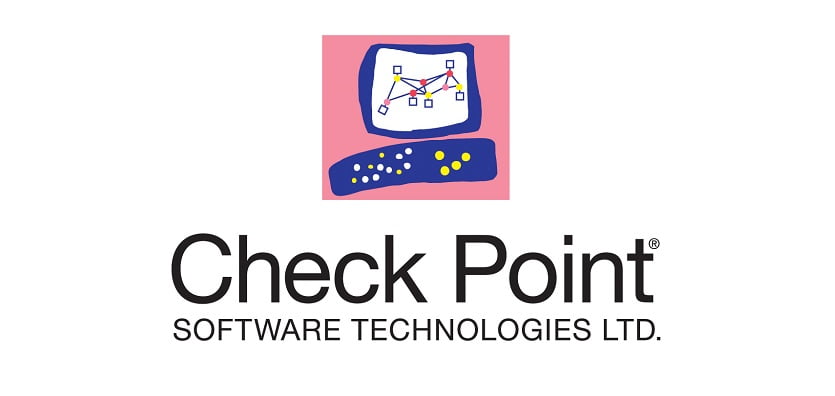
Check Point Research has published its latest Global Threat Index for December 2019. The research team reported that Emotet was the leading malware threat for the third month running, and was being spread using a range of spam email campaigns including ‘Support Greta Thunberg – Time Person of the Year 2019’ and ‘Christmas Party!’
The emails in both campaigns contained a malicious Microsoft Word document which, if opened by the recipient, attempts to download Emotet onto their computer. Emotet is primarily used as a distributor of ransomware or other malicious campaigns.
December also saw a significant increase in attempts to exploit the ‘Command Injection Over HTTP’ vulnerability, with 33% of organizations globally being targeted. This vulnerability rose from being the 5th most exploited in November to the top position last month. If successfully exploited, the payload was a DDoS botnet: the malicious file used in the attack also contained a number of links to payloads exploiting vulnerabilities in several IoT devices from manufacturers including D-Link, Huawei and RealTek, with the aim of recruiting these devices into botnets.
“Over the past three months, the threats impacting most organizations have been versatile, multi-purpose malware like Emotet and xHelper. These give cyber-criminals multiple options for monetizing attacks, as they can be used for distributing ransomware or spreading further spam campaigns,” said Maya Horowitz, Director, Threat Intelligence & Research, Products at Check Point. “The aim for criminals is to get a foothold in as many organizations and devices as possible, so that subsequent attacks can be more lucrative and damaging. So it’s critical that organizations educate their employees about the risks of opening email attachments, downloading resources or clicking on links that do not come from a trusted source or contact.”
December 2019’s Top ‘Most Wanted’ Malware:
*The arrows relate to the change in rank compared to the previous month.
- ↔ Emotet– Emotet is an advanced, self-propagating and modular Trojan. Emotet used to be a banking Trojan, but recently has been used as a distributor of other malware or malicious campaigns. It uses multiple methods for maintaining persistence and evasion techniques to avoid detection. In addition, it can be spread through phishing spam emails containing malicious attachments or links.
- ↔ XMRig – XMRig is an open-source CPU mining software used for mining Monero cryptocurrency, first seen in-the-wild on May 2017.
- ↔ Trickbot – Trickbot is a dominant banking Trojan constantly being updated with new capabilities, features and distribution vectors. This enables Trickbot to be a flexible and customizable malware that can be distributed as part of multi purposed campaigns.
- ↑Agent Tesla – Agent Tesla is an advanced RAT functioning as a keylogger and a password stealer. AgentTesla is capable of monitoring and collecting the victim’s keyboard input, system clipboard, taking screenshots, and exfiltrating credentials belonging to of a variety of software installed on a victim’s machine (including Google Chrome, Mozilla Firefox and Microsoft Outlook email client).
- ↑ Lokibot – Lokibot is an info-stealer distributed mainly by phishing emails, and is used to steal various data such as email credentials, as well as passwords to CryptoCoin wallets and FTP servers.
- ↔ Ramnit – Ramnit is a banking Trojan that steals banking credentials, FTP passwords, session cookies and personal data.
- ↑ RigEK– RigEK delivers Exploits for Flash, Java, Silverlight and Internet Explorer. The infection chain starts with a redirection to a landing page that contains JavaScript that checks for vulnerable plug-ins and delivers the exploit
- ↓ Formbook – Formbook is an info-stealer that harvests credentials from various web browsers, collects screenshots, monitors and logs keystrokes, and can download and execute files according to its C&C orders.
- ↑ Nanocore – NanoCore is a Remote Access Trojan that targets Windows users. All versions of the RAT feature base plugins and functionalities such as screen capture, crypto currency mining, remote control of the desktop and webcam session theft.
- ↓ xHelper – Xhelper is a malicious application targeting Android devices seen in the wild since March 2019, used for downloading other malicious apps and display advertisement. The application is also capable of hiding itself from the user.





